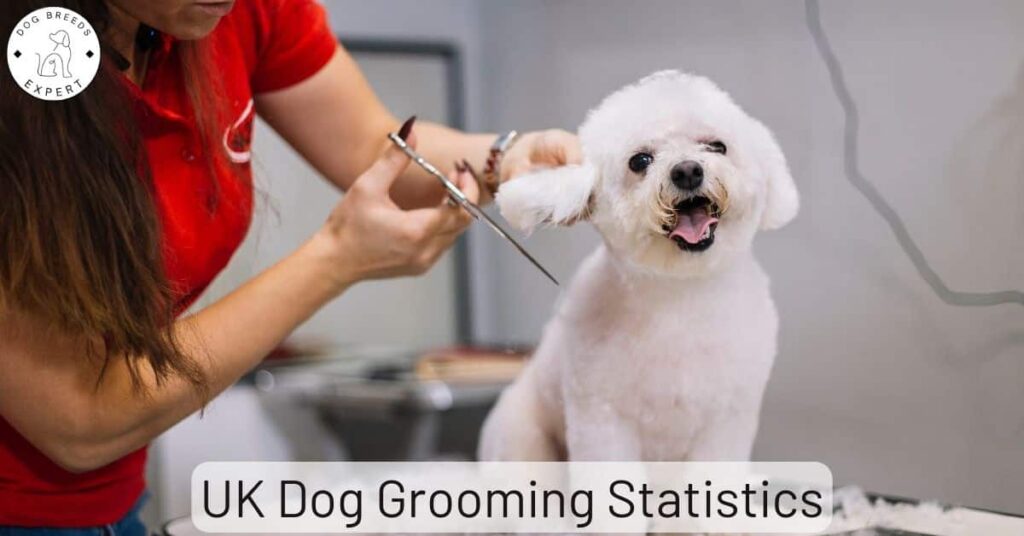Guest post by Katie Hentschel
We all want our furry best friend to have a happy and healthy life. To do so, there are certain preventive care measures owners must undertake. From staying up to date on vaccines to watching its weight, there are several components to maintaining a dog’s wellness. Here is a brief look into the top health concerns for dogs and how to prevent them.
What is the main health issue affecting dogs? Obesity. In fact, one in three dogs is estimated to be overweight in the United States. Just like humans, pets need to exercise and eat well to maintain a healthy weight. Exercising is an excellent way to provide mental stimulation and relieve a young pup of excess energy. It is also vital for pets’ longevity and quality of life, as it keeps their bones, muscles and heart strong.
Another prominent health issue for dogs is poor oral health. In the U.S., 85% of adult dogs show signs of dental disease. The most common dental disease in dogs is periodontal disease. This term is used to describe the infection and associated inflammation of the tissues surrounding the teeth. Such diseases spread deep into the tooth socket and destroy the bone when left untreated. As a result, the tooth decays, loosens and may fall out over time.
Lastly is the importance of annual veterinarian visits and vaccinations. At the visit, a vet will perform routine blood tests and health screenings as well as look at the condition of your dog’s eyes, teeth and ears. Furthermore, the vet will immunize your pooch against infectious diseases and may provide preventive treatments for parasites. Following a dedicated wellness plan such as this could do wonders for your canine companion’s health in the long run.
Being proactive about your dog’s health is essential. Not only to prolong its life but to promptly address any problems. Because your pup cannot tell us something is wrong, waiting until there are symptoms could lead to a progressed illness and prolonged suffering. The best approach to stay ahead of such ailments is to commit to routine health care, grooming, exercise and a well-balanced diet.
For further information and preventive health tips for your pooch, please see the resource below:


